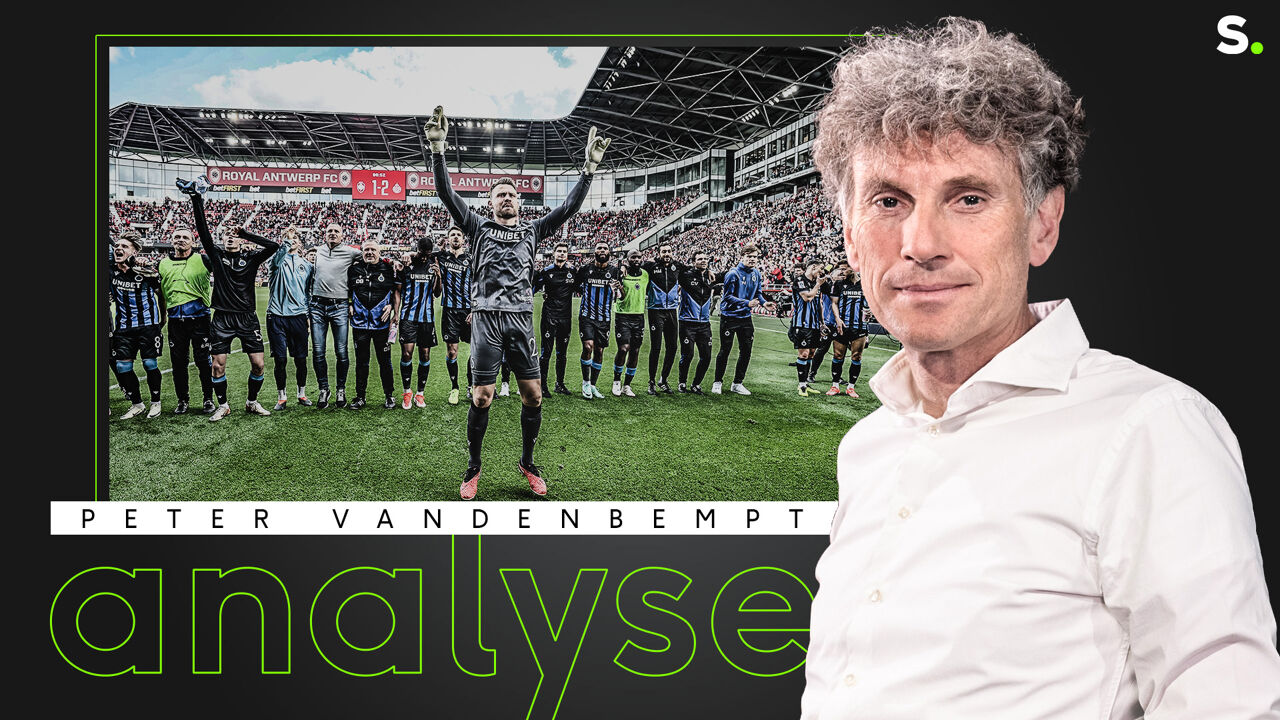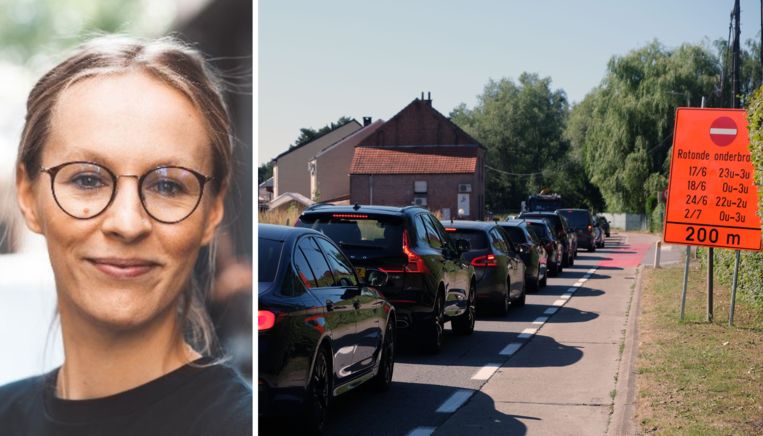Traffic chaos around Festival Park in Werchter has been getting a lot of attention in recent weeks. After long parking jams during the Werchter Boutique, the hours of waiting for the shuttle bus after Harry Styles passed by. Can such parties be organized without mobility issues, and if so, where can adjustments be made?
The organizers’ goal is to get 60,000 visitors to and from the festival site quickly and safely. Our research shows that 70 percent of Flemish event visitors go to events by car. To spare rural Werchter an unprecedented traffic jam, organizers are forced to focus heavily on public transport. They are launching the now well-known shuttle service between Leuven Station and Werchter, insisting for years that this is the fastest way for visitors to get there.
In this way, they are seamlessly linked to two of car users’ primary transportation motives: convenience and speed. For 82 percent of visitors to the Flemish event, these seem to be the main reasons for going to events by car. Therefore, getting home at least quickly and smoothly is a good convincing argument to keep getting visitors on the bus and train en masse. Furthermore, you tailor your navigation approach as closely as possible to the type of visitor you expect. The average “Harry” is likely to be on the youth side and may not have a driver’s license. From a scientific and practical point of view, the choice of shuttle bus is obvious.
Could traffic problems have been avoided last Saturday? Yes and no. In any case, the navigation approach can still be improved.
First, it is best as an organizer to create the right expectations. For an event of this caliber, you will find few visitors who will expect to go home without delay. You can limit social media complaints and negative coverage of your event by highlighting up front how you will ensure your return trip and what wait times visitors should expect. Prioritizing shuttle buses in traffic, with faster exit routes, may prevent visitors from backing into the car.
Secondly, the cancellation of the kiss-and-ride area is incomprehensible. It will provide an alternative for many parents to pick up their son or daughter safely afterwards thus spreading the exodus crowds. This means that there will be some congestion in the vicinity of the festival site, which will again be flooded by Rock Werchter next weekend. Making the most of carpooling in the kiss-and-ride area and pairing that with a simple reward like a drink coupon, for example, can reduce the number of cars.
Third, the location of the event offers a hitherto untapped asset: camping possibilities. With this said, the organizers may be playing directly into the hands of Harry, a young audience open to expanding their concert experience with a one-night stay in Werchter; And again publishes the flow of visitors.
Fourth, it tries to estimate the capacity needed for bike parking and public transportation as accurately as possible beforehand. For both transportation options, organizers had to deal with understatement, which led to unmonitored parking for cyclists and queues for shuttle buses. The increase in the number of bicycle parks and the number of shuttle buses is evident.
The above suggestions might improve navigation around Werchter, but a watertight scenario probably isn’t feasible for such a group event. The exact question that arises is whether Werchter is still the right venue for this kind of one-day event, when 60,000 visitors are expected. The organizers can rely on the name and fame of this destination and make their commute efforts pay off over several weekends, but both the organizer and the visitor must come to terms with the inevitable traffic problems. Or will the most radical action for navigation be taken in upcoming releases: moving to a new, more accessible event location?

“Friendly communicator. Music trailblazer. Internet maven. Twitter buff. Social mediaholic.”







More Stories
Eric Goossen Bankruptcy Declaration: ‘It Hurts’
The Yellow Sign is the most expensive Belgian film project ever | Film adaptations
Blake and Mortimer by Patrick A. Dumas and an interview with Edgar P. Jacobs | recovery